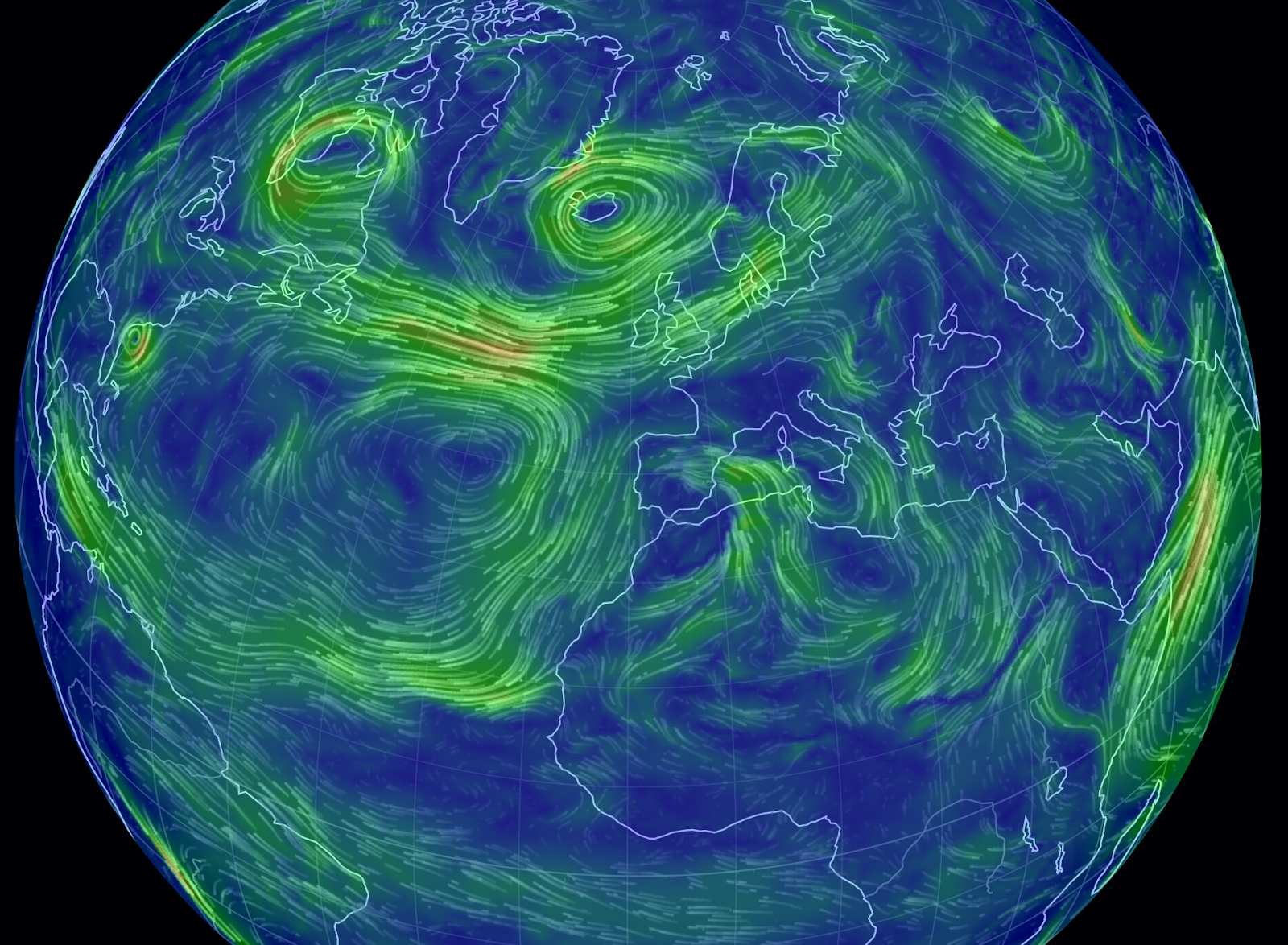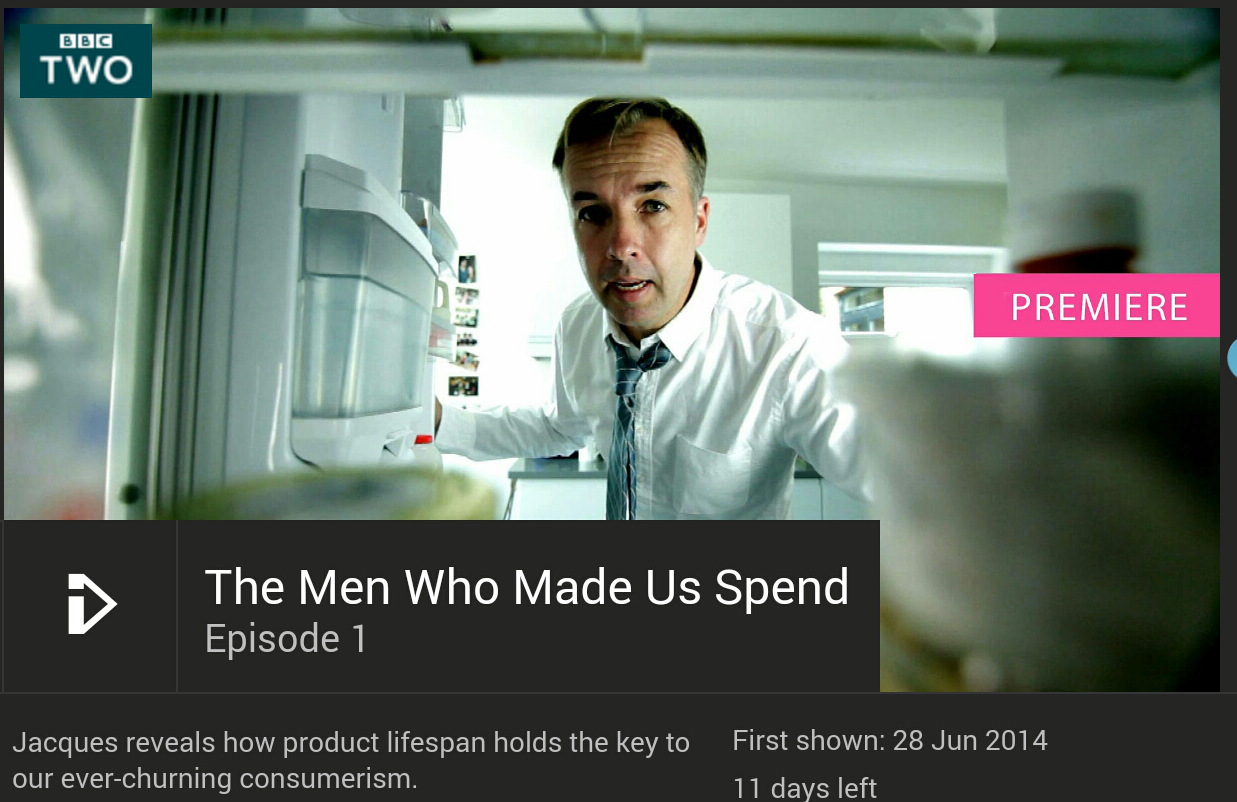Beautiful BBC China Documentary - Wild China
I just had the pleasure of watching the BBC documentary Wild China, and was completely captivated from start to finish. This cinematic masterpiece blends everything I love about travel documentaries into one stunning package. From the sweeping aerial views of China's varied landscapes, to intimate cultural encounters in remote villages, Wild China whisks you on an immersive sensory journey. The expert camerawork makes you feel a part of its magic, rather than just an observer. Adding to the splendor is the soundtrack of serene, traditional Chinese music. Its notes dance in perfect rhythm with the visual poetry on screen. Moments of quiet awe are allowed to linger thanks to thoughtful pacing. While visually lavish, the documentary also has real depth and heart. It explores China's incredible biodiversity, shining light on endangered species and environments needing protection. Interviews with locals offer insight into ancient traditions still thriving in remote corners. Wild Chi...



